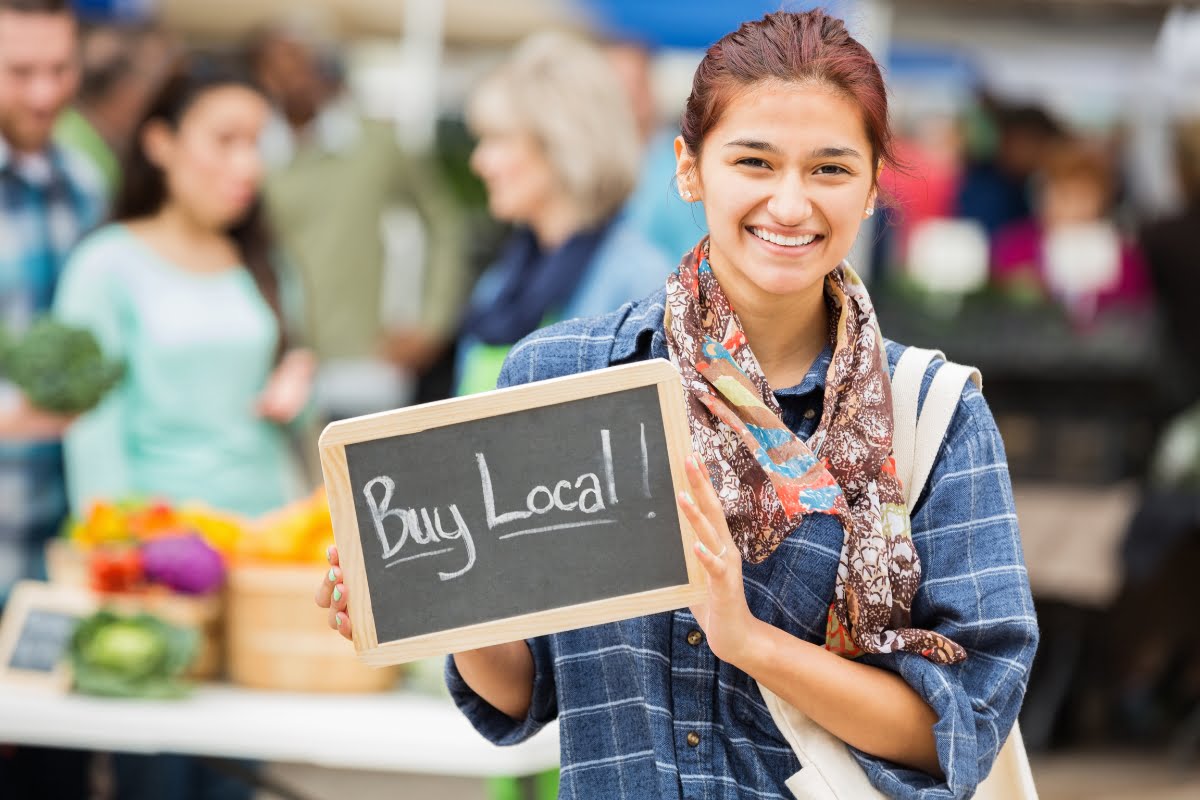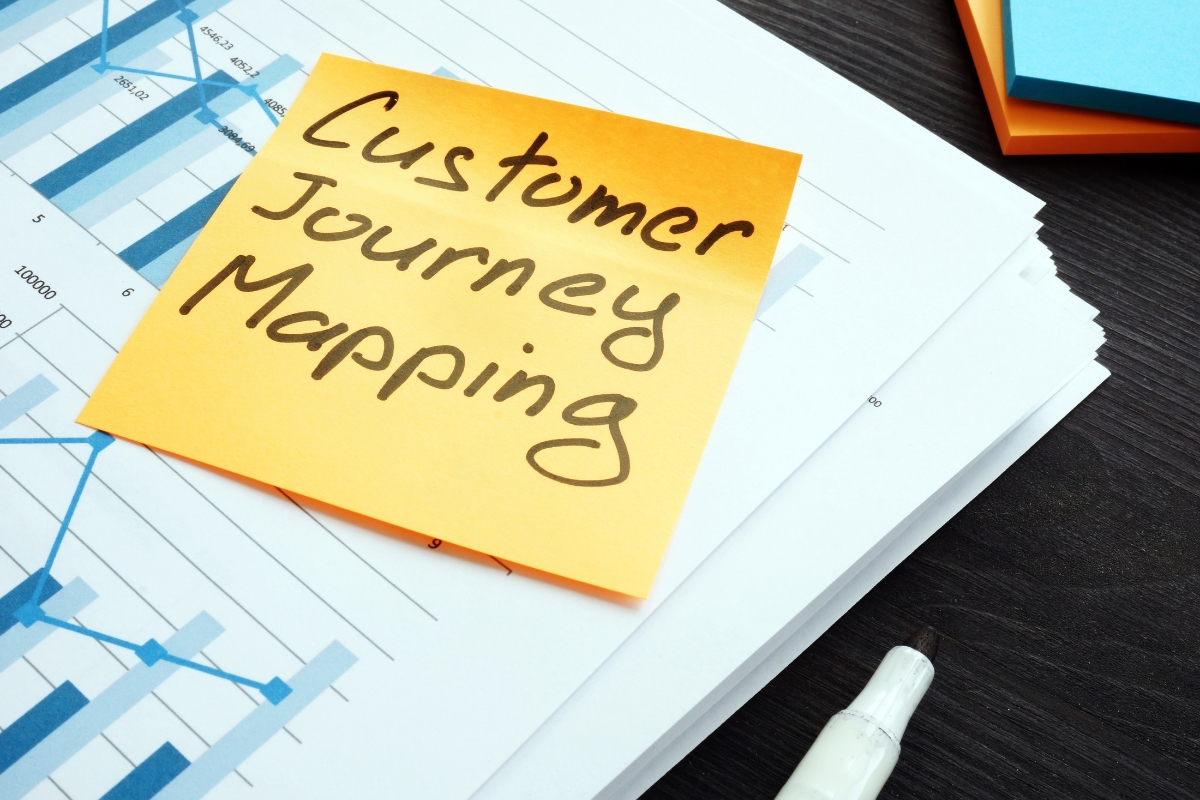In today’s fast-paced, digital world, it’s no secret that businesses, both big and small, are vying for consumers’ attention online.
With social media platforms, search engine optimization, and targeted ads dominating the marketing landscape, it’s easy to overlook the power of local store marketing. But here’s the thing – local store marketing still works, and it’s a strategy that many businesses can benefit from.
In this blog, we will unveil a treasure trove of tried-and-true local store marketing tactics, from hosting community events to leveraging partnerships with other local businesses.
Whether you’re a coffee shop owner, boutique retailer, or fitness studio manager, these strategies can help you increase foot traffic, boost sales, and create a loyal customer base – all within your local community. So, let’s dive in and discover the secrets behind successful local store marketing!
Boost Your Business: Discover the Secrets of Effective Local Store Marketing
Building a Strong Online Presence for Local Stores
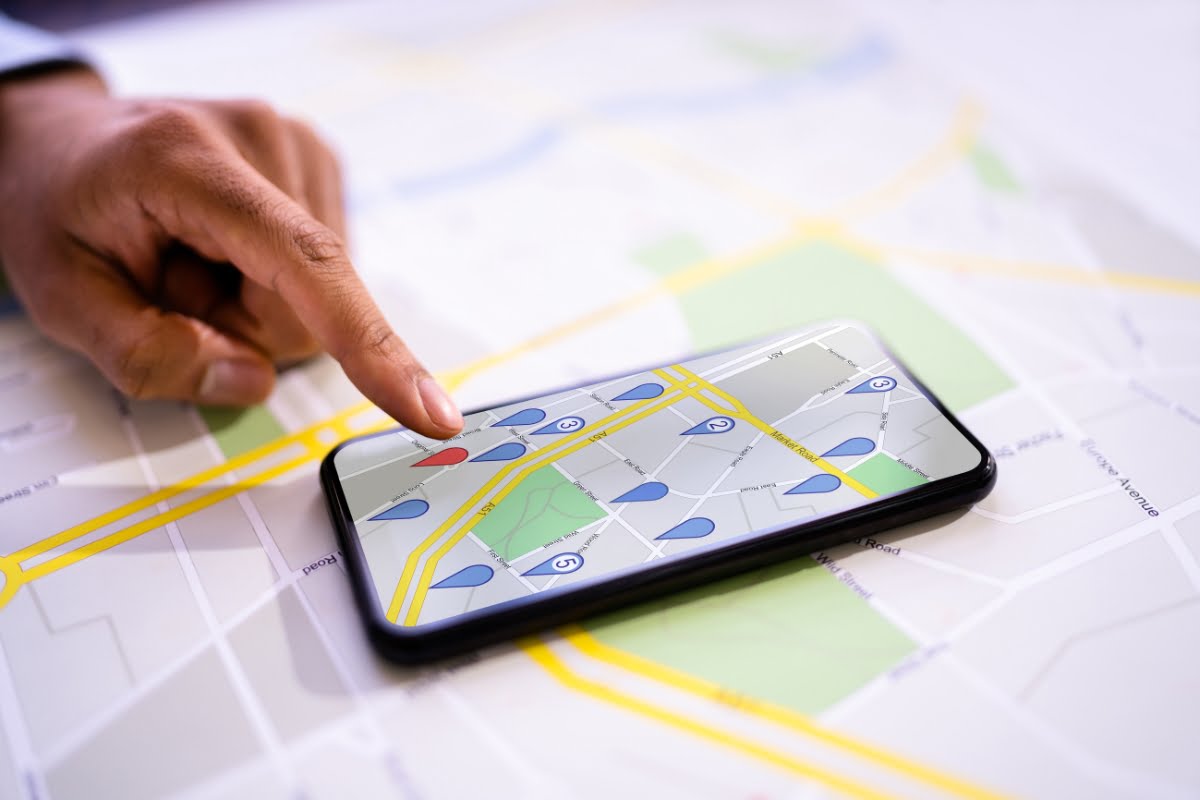
Building a strong online presence is crucial for local stores in today’s digital age. With the increasing popularity of online shopping and the convenience it offers, local businesses need to adapt their marketing strategies to capture the attention of customers and drive foot traffic to their physical locations.
One of the first steps in building an online presence for local stores is to create a professional and user-friendly website. The website should provide relevant information about the business, such as its location, contact details, operating hours, and product or service offerings. It should also be visually appealing and easy to navigate, ensuring that visitors can quickly find the information they are looking for.
Leveraging Social Media to Connect with the Local Community
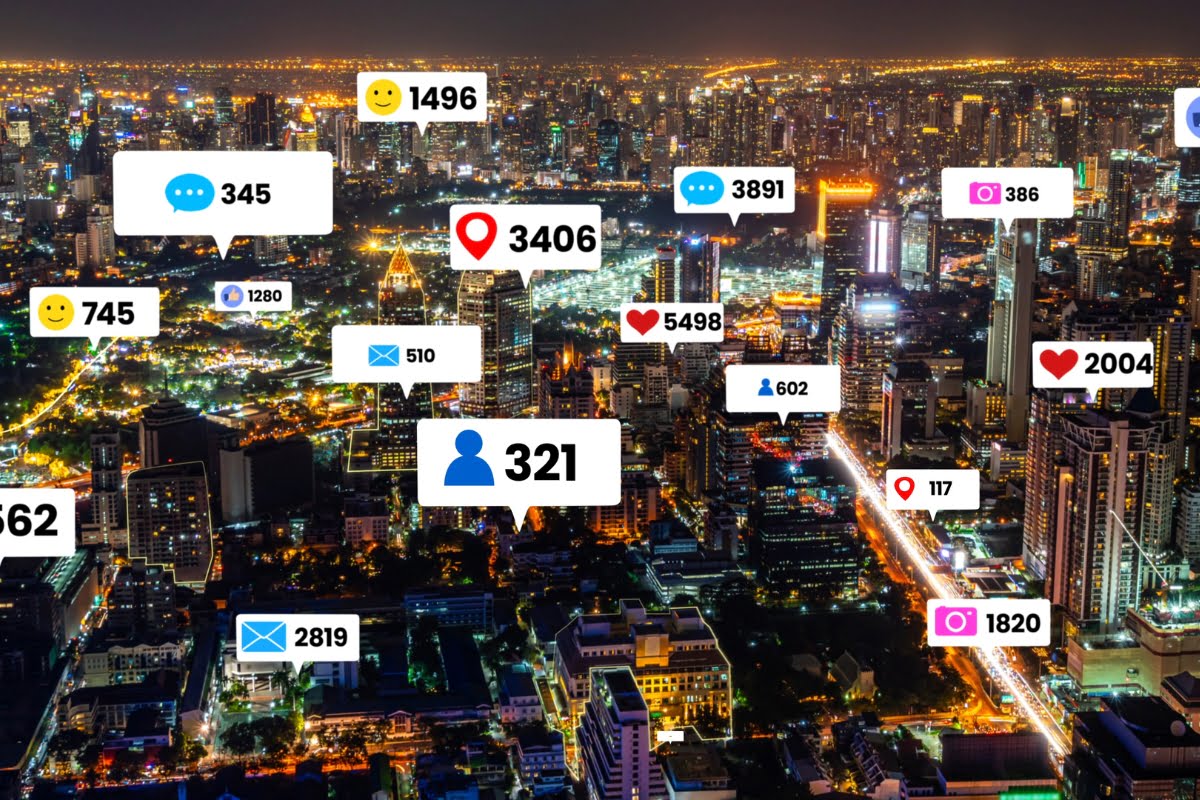
When it comes to local store marketing, social media platforms play a crucial role in reaching out to the local community and building a strong brand presence. Here are some effective strategies to leverage social media for connecting with the local community.
- Know Your Target Audience: Before diving into social media marketing, it’s important to understand who your target audience is. Conduct market research to identify the demographics, interests, and preferences of the local community you want to connect with. This will help you craft content that resonates with them and build a genuine connection.
- Create Engaging Content: Content is king in the world of social media. Develop a content strategy that focuses on creating engaging and relevant content for your local audience. This could include sharing local news and events, featuring local customers and their stories, or promoting local initiatives. By showcasing your involvement in the community, you can foster a sense of loyalty and trust among your target audience.
- Use Local Hashtags: Hashtags are a powerful way to increase visibility and reach on social media platforms. Research and use local hashtags that are popular among the local community. This will help your content appear in relevant searches and attract the attention of potential customers who are interested in local businesses.
- Engage with Your Audience: Social media is not just about broadcasting your message; it’s about building relationships. Take the time to engage with your audience by responding to comments, messages, and reviews. Show genuine interest in their opinions and experiences. By actively listening and responding, you can foster a sense of community and loyalty among your customers.
- Run Localized Ad Campaigns: Social media platforms offer advanced targeting options, allowing you to run highly targeted ad campaigns. Utilize these features to create localized ad campaigns that specifically target the local community. This can help you reach potential customers in your area and drive foot traffic to your store. In conclusion, leveraging social media to connect with the local community is an effective strategy for local store marketing.
Hosting Community Events to Engage with Customers

Hosting community events is a highly effective strategy for local store marketing. By organizing events in the community, businesses can engage with their customers on a more personal level, creating a sense of community and loyalty. These events provide an opportunity for businesses to showcase their products or services, build brand awareness, and foster positive relationships with their customers.
One of the key benefits of hosting community events is the chance to connect with customers face-to-face. In today’s digital age, where most interactions are done online, hosting an event allows businesses to interact with their customers in a more personal and meaningful way. This personal touch goes a long way in building trust and loyalty.
Moreover, community events provide an excellent platform for businesses to showcase their products or services. Whether it’s a product launch, a tasting event, or a workshop, businesses can leverage these events to generate excitement and interest in what they have to offer. By allowing customers to experience their offerings firsthand, businesses can create a lasting impression and increase their chances of converting attendees into loyal customers.
In addition to showcasing products or services, community events also help in building brand awareness. By hosting an event that aligns with their brand values and target audience’s interests, businesses can position themselves as experts in their industry. This not only increases brand visibility but also helps businesses stand out from their competitors.
Furthermore, community events provide an opportunity for businesses to foster positive relationships with their customers. By organizing events that are fun, informative, and engaging, businesses can create a positive association with their brand. These events also allow customers to interact with the business’s team members, fostering a sense of familiarity and trust.
Creating Local Partnerships for Cross-Promotion

Local store marketing is a crucial aspect of promoting businesses within a specific area. One effective strategy that can greatly benefit local businesses is creating local partnerships for cross-promotion. This technique involves collaborating with other businesses in the same community to promote each other’s products or services. By joining forces, businesses can expand their reach, attract new customers, and ultimately boost sales.
When it comes to creating local partnerships for cross-promotion, there are several key steps to consider. Firstly, it’s essential to identify potential partners whose target audience aligns with your own. This ensures that the partnership will be mutually beneficial and increase the likelihood of attracting relevant customers.
Once potential partners have been identified, it’s important to establish clear objectives and goals for the partnership. This could include increasing brand awareness, driving foot traffic to both businesses, or promoting specific products or services. By setting specific goals, both parties can work towards achieving measurable results.
Communication is vital in any partnership, and cross-promotion is no exception. Regularly engaging with your partners and discussing promotional strategies is crucial for success. This could involve brainstorming ideas for joint marketing campaigns, coordinating advertising efforts, or even hosting joint events or promotions.
In order to effectively cross-promote each other’s businesses, it’s important to leverage various marketing channels. This could include social media collaborations, guest blog posts, co-branded advertising materials, or even joint loyalty programs. By utilizing multiple channels, businesses can reach a wider audience and maximize the impact of their cross-promotion efforts.
Another key aspect of creating local partnerships for cross-promotion is measuring the success of the collaboration. By tracking metrics such as website traffic, social media engagement, or sales, businesses can evaluate the effectiveness of their joint efforts. This data can then be used to refine future cross-promotion strategies and optimize results.
Implementing Geographically Targeted Advertising Campaigns
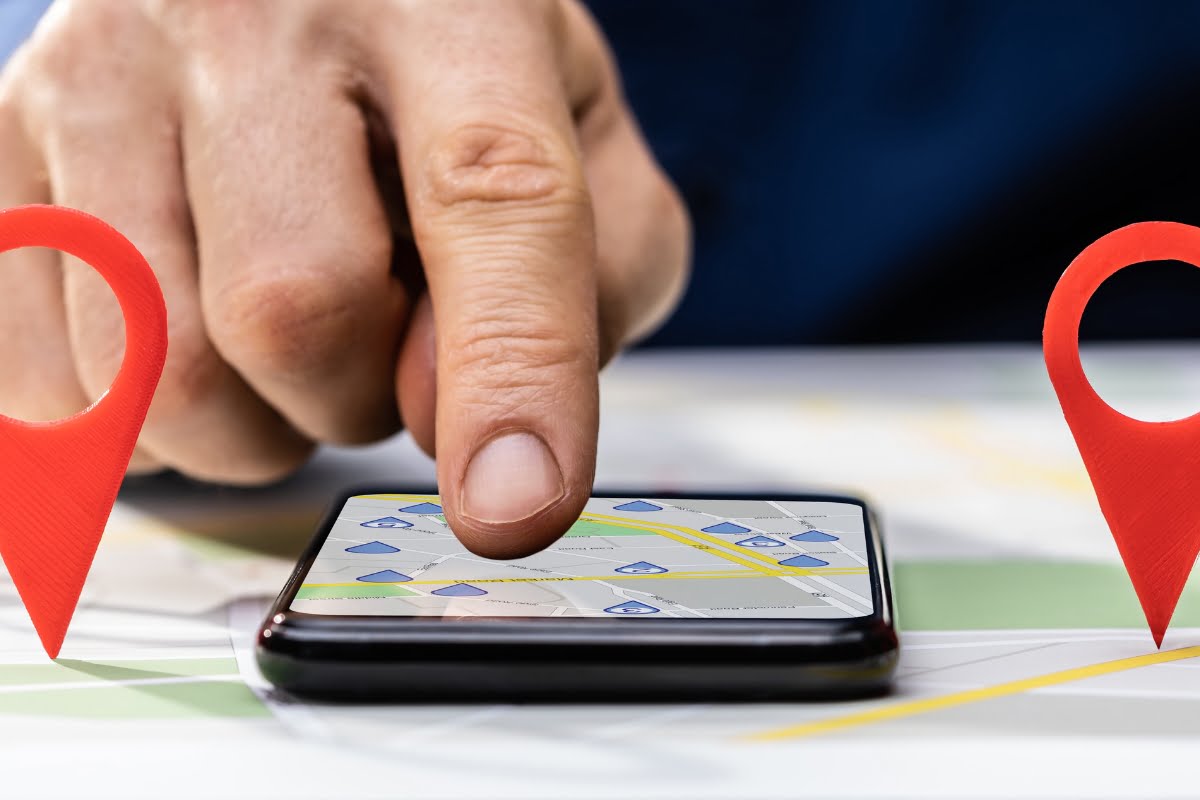
When it comes to local store marketing strategies that work, implementing geographically targeted advertising campaigns can be highly effective. By focusing your advertising efforts on specific geographic areas, you can reach potential customers who are more likely to visit your store. This approach allows you to tailor your message to the local community and increase the chances of attracting customers who are in close proximity to your store.
One of the key benefits of geographically targeted advertising campaigns is the ability to personalize your message. By understanding the demographics and interests of the local community, you can create advertisements that resonate with potential customers. For example, if your store is located in a neighborhood with a high concentration of families, you can highlight your family-friendly products or services in your advertisements.
Another advantage of geographically targeted advertising campaigns is the ability to optimize your marketing budget. By narrowing your focus to specific geographic areas, you can allocate your resources more efficiently. Instead of spending your advertising budget on a broad campaign that may not reach your target audience, you can invest in targeted advertisements that have a higher chance of driving foot traffic to your store.
To implement a successful geographically targeted advertising campaign, it is important to conduct thorough research. Start by identifying the geographic areas that are most relevant to your business. This could be based on factors such as proximity to your store, population density, or demographic information. Once you have identified your target areas, research the local market to gain insights into consumer behavior and preferences.
Once you have gathered the necessary data, you can start creating your advertisements. Make sure to highlight the unique aspects of your store that will appeal to the local community. Use language and imagery that resonates with your target audience. Consider incorporating local landmarks or references to further connect with potential customers.
In addition to traditional forms of advertising, such as print ads or billboards, consider utilizing digital platforms to reach your target audience. Social media platforms like Facebook and Instagram allow you to create geographically targeted advertisements that can be highly effective. You can also leverage local search engine optimization strategies to ensure that your store appears in relevant local searches.
Monitoring and analyzing the results of your geographically targeted advertising campaigns is crucial for their success. Use tools like Google Analytics to track the performance of your advertisements and make adjustments as needed. Pay attention to metrics such as click-through rates, conversion rates, and foot traffic to determine the effectiveness of your campaigns.
Offering Exclusive Deals and Discounts to Local Customers
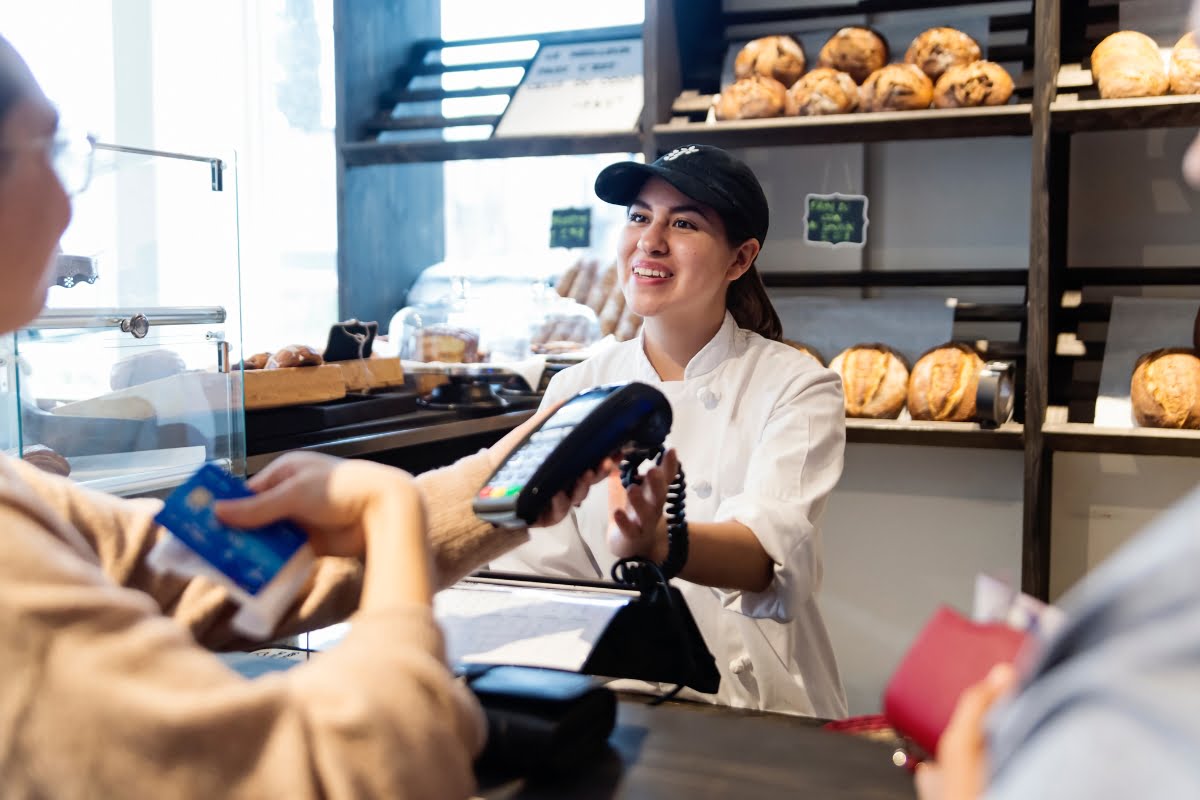
Local store marketing is a crucial aspect of running a successful business. One effective strategy that can help boost your sales and attract local customers is offering exclusive deals and discounts. By providing special offers to the local community, you can create a sense of exclusivity and entice customers to choose your store over your competitors.
When it comes to local store marketing, it’s essential to understand your target audience and cater to their needs and preferences. By offering exclusive deals and discounts, you can make your store more appealing and build a loyal customer base. Local customers are more likely to support businesses that provide them with special perks and savings.
One way to offer exclusive deals is by creating a loyalty program specifically for local customers. This program can provide discounts or rewards for frequent purchases or referrals. By rewarding your loyal customers, you can encourage them to continue shopping at your store and spread the word to their friends and family.
Another effective strategy is to partner with other local businesses to offer joint promotions. By collaborating with complementary businesses in your area, you can tap into each other’s customer base and attract new customers. For example, a local boutique could team up with a nearby salon to offer a discounted package of clothing and beauty services. This type of collaboration not only benefits both businesses but also provides added value to local customers.
Utilizing location-based marketing tactics can also help drive foot traffic to your store. You can use geo-targeted ads on social media platforms or offer location-specific discounts through mobile apps. By leveraging technology, you can reach potential customers in your area and entice them to visit your store.
Furthermore, hosting local events or workshops can create a sense of community and generate buzz around your business. By offering exclusive discounts for event attendees or participants, you can attract both new and existing customers. These events can also serve as an opportunity to showcase your products or services and engage with the local community.
Utilizing Local SEO to Improve Online Visibility
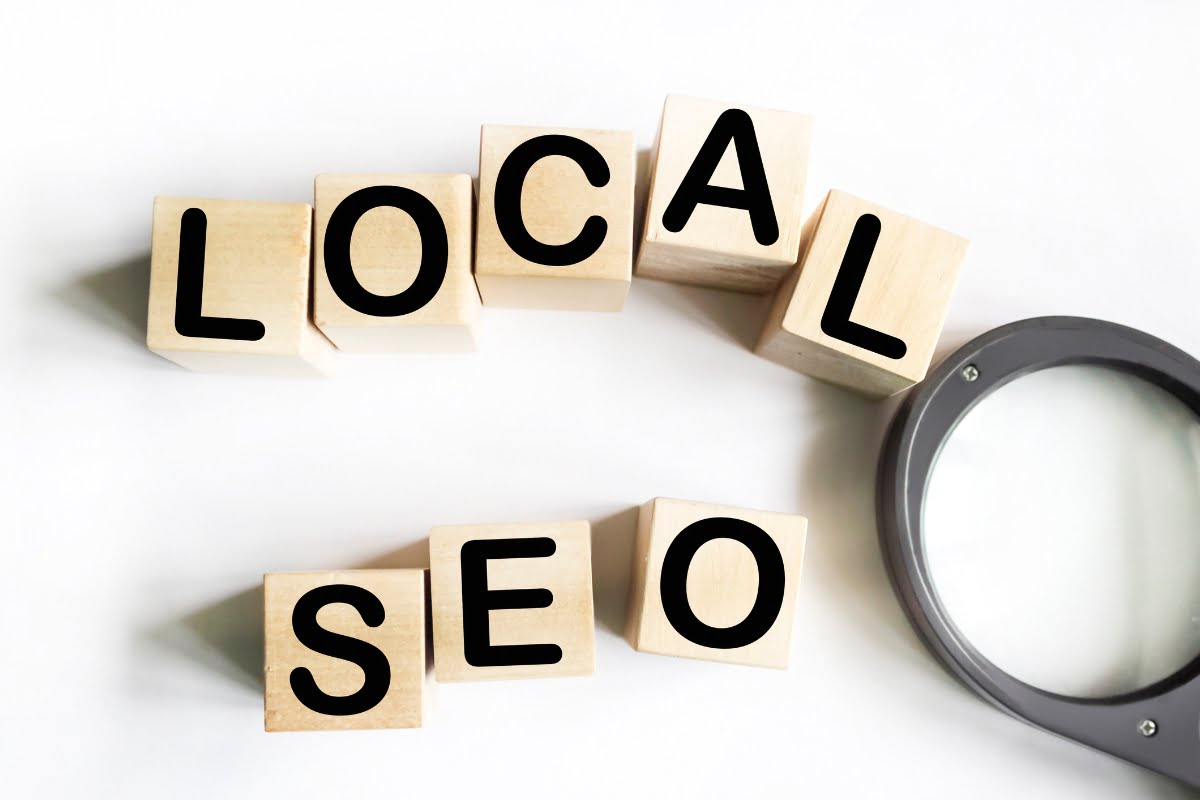
Local SEO plays a crucial role in boosting online visibility for businesses. With the increasing number of people relying on search engines to find local products and services, it is essential for businesses to optimize their online presence. By implementing effective local SEO strategies, businesses can improve their search engine rankings, attract more local customers, and ultimately increase their online visibility.
One of the key components of local SEO is optimizing the business website. This involves incorporating relevant keywords, meta tags, and local contact information. By ensuring that the website is properly optimized, businesses can improve their chances of ranking higher in local search results.
Another important aspect of local SEO is creating and managing online directory listings. This includes claiming and optimizing business listings on popular platforms such as Google My Business, Yelp, and Yellow Pages. By providing accurate and up-to-date information on these directories, businesses can enhance their online visibility and improve their chances of appearing in local search results.
Customer reviews and ratings also play a significant role in local SEO. Positive reviews not only help to build trust and credibility among potential customers but also improve search engine rankings. Businesses should encourage satisfied customers to leave reviews and respond to both positive and negative feedback promptly.
An effective local SEO strategy also involves creating locally targeted content. By producing blog posts, articles, and other forms of content that are tailored to the local audience, businesses can attract more local customers and improve their online visibility. This could include writing about local events, news, and industry-specific topics that are relevant to the target audience.
In addition to optimizing the website and creating local content, businesses should also focus on building high-quality backlinks from local websites and directories. This can help to improve the website’s authority and credibility in the eyes of search engines, ultimately leading to higher search rankings and increased online visibility.
Lastly, businesses should ensure that their website is mobile-friendly. With the majority of searches now being conducted on mobile devices, having a responsive and mobile-friendly website is crucial for improving online visibility. This includes optimizing the website’s design, layout, and load speed for mobile users.
Encouraging Customer Reviews and Testimonials for Local Reputation Building

One of the most effective ways to build a strong local reputation for your store is to encourage customer reviews and testimonials.
Positive reviews and testimonials from satisfied customers can have a powerful impact on potential customers, influencing their decision to choose your store over competitors. Here are some strategies to encourage customer reviews and testimonials for local reputation building:
- Provide exceptional customer service: The foundation of getting positive reviews and testimonials is to provide exceptional customer service. Train your staff to be friendly, attentive, and knowledgeable about your products or services. When customers have a positive experience, they are more likely to leave a review or provide a testimonial.
- Make it easy for customers to leave reviews: Simplify the process for customers to leave reviews by creating profiles on popular review platforms such as Google, Yelp, or Facebook. Include links to these profiles on your website and in email newsletters. Ensure that the process is user-friendly and straightforward, so customers are more likely to follow through.
- Offer incentives: Consider offering incentives to customers who leave reviews or provide testimonials. This could be in the form of discounts, exclusive promotions, or entry into a contest. However, it’s important to be transparent and avoid incentivizing positive reviews. Encourage honest feedback and reward customers for taking the time to share their experiences.
- Engage with reviews and testimonials: Respond to customer reviews, both positive and negative, in a timely and professional manner. Address any concerns or issues raised by customers and express gratitude for positive feedback. Engaging with reviews shows that you value customer opinions and are committed to providing the best experience possible.
- Showcase reviews and testimonials on your website: Display positive reviews and testimonials prominently on your website. This not only helps build trust with potential customers but also encourages others to leave reviews. Consider creating a dedicated page or section on your website where customers can easily find and read testimonials.
- Leverage social media: Encourage customers to share their positive experiences on social media platforms. Create social media campaigns or hashtags that customers can use when posting about their visit to your store. Engage with these posts by liking, commenting, or sharing them to increase visibility and encourage others to leave reviews.
- Request feedback via email: Send follow-up emails to customers after their visit and politely ask them to leave a review or provide a testimonial. Personalize these emails to make customers feel valued and appreciated. Include direct links to relevant review platforms to make it easy for them to leave feedback.
Building Personal Relationships with Local Influencers and Bloggers
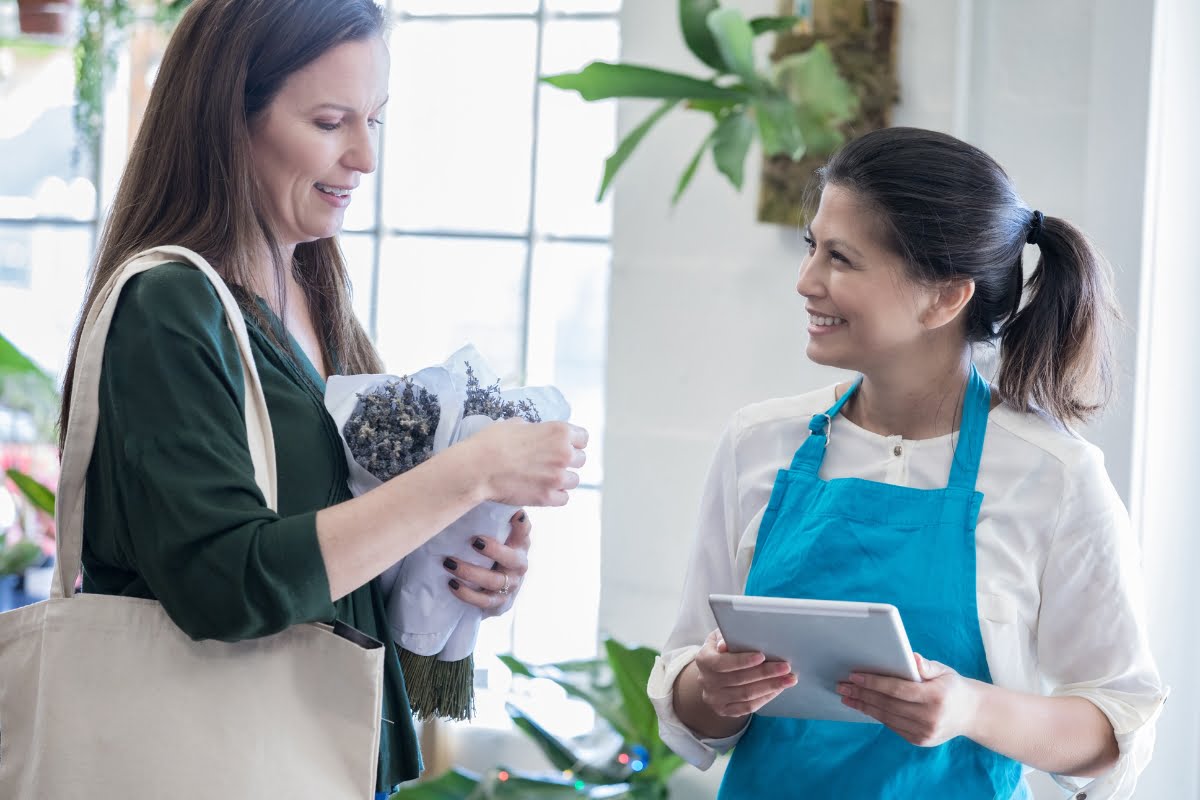
Building personal relationships with local influencers and bloggers can greatly benefit your local store marketing strategies. By collaborating with influential individuals in your community, you can tap into their network and gain exposure to a wider audience. Here are some effective ways to establish and nurture these relationships:
- Research and Identify Relevant Influencers: Start by identifying local influencers and bloggers who align with your store’s niche and target audience. Look for individuals who have a strong online presence and a loyal following. This could include fashion influencers, food bloggers, fitness enthusiasts, or any other relevant category.
- Engage on Social Media: Once you have identified the influencers and bloggers you want to connect with, begin engaging with their content on social media platforms. Like and comment on their posts, sharing your genuine thoughts and opinions. This will help you establish yourself as an active and engaged member of their community.
- Attend Local Events: Take advantage of local events or meet-ups where influencers and bloggers are likely to be present. Engage in conversations, introduce yourself, and express your interest in their work. Building face-to-face connections can be incredibly valuable in establishing a personal relationship and laying the foundation for future collaborations.
- Offer Value: Influencers and bloggers are constantly looking for fresh and interesting content to share with their audience. Offer to provide them with exclusive information, samples of your products, or even invite them to experience your store firsthand. By providing value, you can establish yourself as a valuable resource and increase the likelihood of them promoting your store.
- Collaborate on Content: Collaborating on content is a win-win situation for both parties involved. Consider partnering with local influencers and bloggers to create engaging and informative content together. This could be in the form of guest blog posts, social media takeovers, or joint events. By leveraging their expertise and influence, you can amplify your local store marketing efforts.
- Maintain Regular Communication: Building and maintaining relationships require consistent effort. Stay in touch with influencers and bloggers by regularly reaching out to them, sharing updates about your store, or congratulating them on their achievements. This constant communication will help strengthen your bond and keep you on their radar for future collaborations.
Conclusion: The Power of Local Store Marketing in Driving Business Success
Local store marketing is powerful and can significantly contribute to the success of a business. By implementing effective marketing strategies at the local level, businesses can attract more customers, increase sales, and build a strong brand presence within their community.
To make the most out of your local store marketing, choose a professional like Newman Web Solutions to lead the charge! Our digital marketing services help ensure that your site and brand remain visible, no matter your scope or target audience.
Get started by booking a free 30-minute consultation through our website form, or feel free to reach us by calling our number at (404) 301-9189. Let us help you transform your marketing efforts today!



